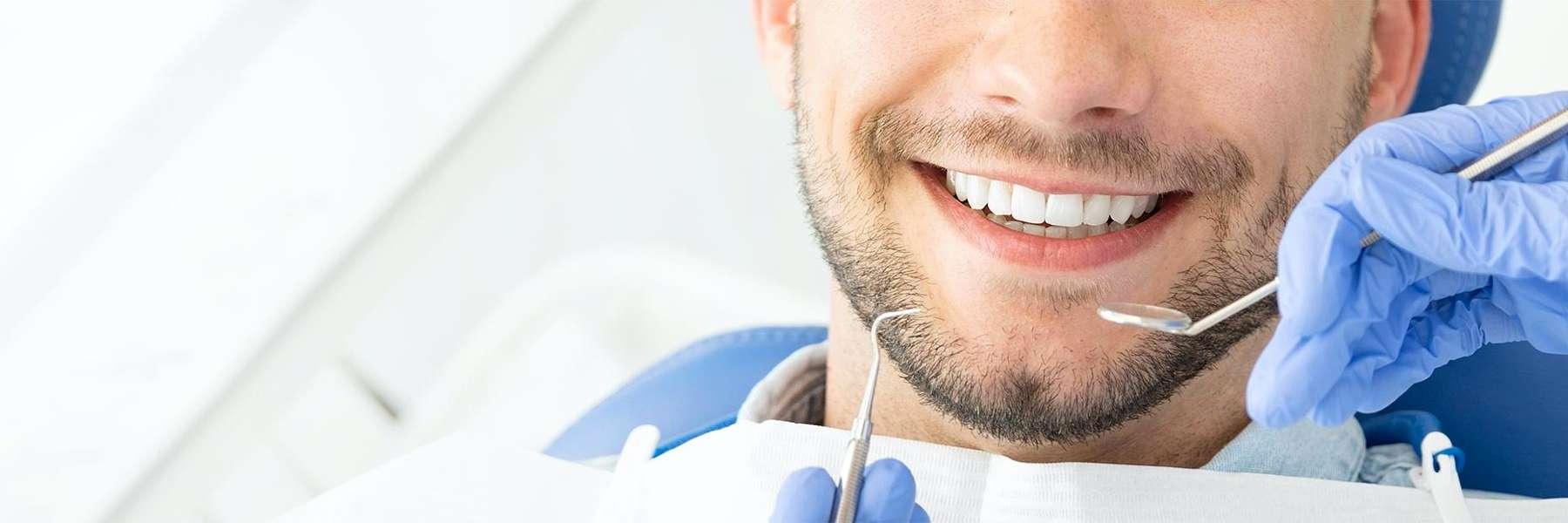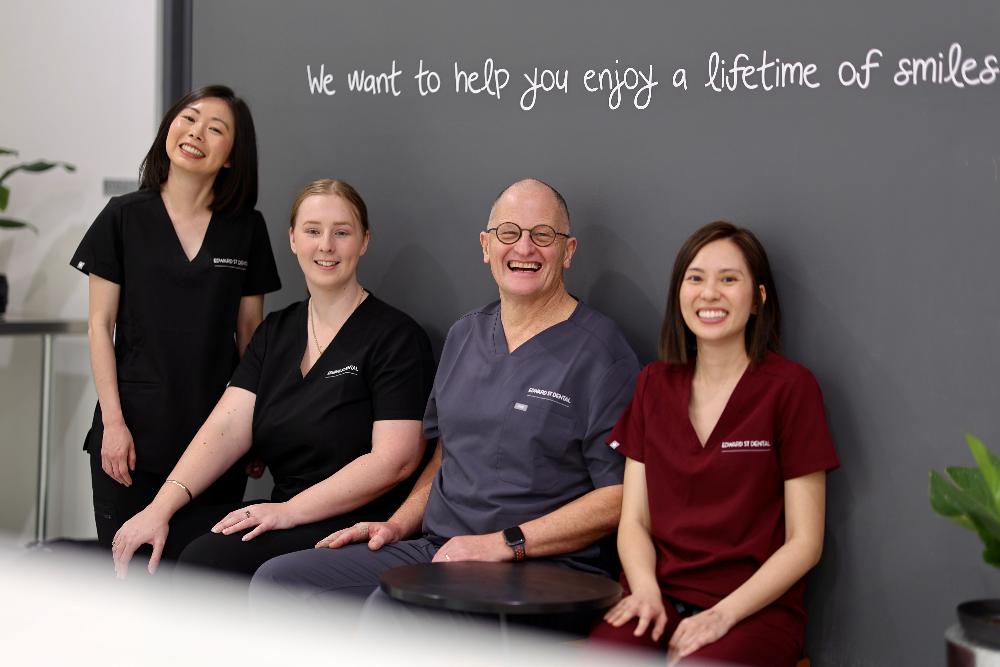
If you think back to a time when you had to respond to an emergency, one question probably hit you in the first few minutes: what am I supposed to do? Such a simple question, but so vital during the moment that an entirely new field of study has emerged, called Emergency Management. But for people outside this specialty in Brisbane, Dr Matthew Pulvirenti wants you to still benefit from their systematic approach.
So, what should you do in the event of a dental emergency?
Top Answer to a Dental Emergency: Don't Panic, Be Prepared
Though this advice may seem obvious, for some reason, it goes unheeded by a surprising number of your friends and neighbours. According to the Australian Red Cross (ARC), even though 80% of Australians think preparation in an emergency is essential, only one in twenty takes the next step to become informed.
Emergencies can be complicated, with certain circumstances demanding specific action and other types advancing in a more touch-and-go fashion. So, when you're told not to panic in an emergency, your ability to remain calm is exponentially improved by what you've learned in advance. Officials agree; "The more prepared you are for emergencies, the less stressful they become. You're more likely to have a sense of control during the emergency and afterwards."
So unless you've just caught an elbow in a scrum or have been otherwise knocked in the mouth, you have time to educate yourself. The information you'll find here can be a definite help in readying you for some possible dental emergencies.
Where to Go for a Dental Emergency
As part of your emergency preparation, you will need to be able to assess the situation. While your emergency dentist in Brisbane is the right professional to treat your teeth, you may have a more pressing need for standard medical care. This is especially the case in a traumatic injury like an auto or sporting accident.
Some specific symptoms to look for are:
- Mouth injuries, including deep and bleeding cuts
- Jaw bone breaks or fractures
- Facial inflammation
- Swollen glands in your neck
Dr Pulvirenti will strongly recommend you go to the nearest emergency care facility if you have any of these conditions.
What to Do if a Tooth is Knocked Out
Some kinds of tooth loss are typical. Children lose their baby teeth, and we frequently extract wisdom teeth. But a knocked-out, or avulsed, tooth is another thing altogether. If this occurs, you should take immediate measures. This is because Dr Pulvirenti may be able to re-implant the tooth, and you improve the chances of success when you:
- Handle the tooth by the top or crown; try not to touch the roots
- Remove any dirt or debris gently, don't wash the tooth
- Try to put the tooth back into its socket, securing it with cloth or gauze
- If it can't return to its home, place the tooth moist with milk or saliva in a sealed container
- Call Edward St Dental immediately
Dr Pulvirenti's policy is to see patients the same day as they call if at all possible. Our clinic reserves appointment times for emergencies on every business day. So if you have an avulsed tooth, we advise you to call us on (07) 3221 5855 without delay.
How to Respond to Severe Tooth Pain
No matter what kind or where you feel it, unanticipated pain is an unwelcome companion for anyone. The more severe that pain is, the more it may disrupt your life. But the problem with pain is how subjective the experience may be. So when describing dental pain, we suggest you use a 1-10 scale to be precise about its severity. We also advise you to notice any heat or swelling associated with your pain. Each of these will help the Edward St Dental team assess the condition your pain might be revealing.
Dental pain may indicate one or more of the following:
- Deep tooth decay
- Tooth infection or abscess
- Broken or cracked tooth
- Broken or lost filling or dental crown
- Periodontitis or severe gum disease
Regardless of how mild or intense your pain experience is, the underlying causes will not resolve themselves. So while you might be able to treat your discomfort with pain relievers and other medication, things will only get worse unless you see an emergency dentist as soon as possible.
Contact Your Emergency Dentist Near Me in Brisbane
Our intent at Edward St Dental is to inform and prepare you for dental emergencies such that the answer to the question 'what should I do?' is now much more evident. Our team of professionals welcomes your call anytime to learn more about the urgent care we may provide for you and your family. We constantly endeavour to make time when you need it most.

